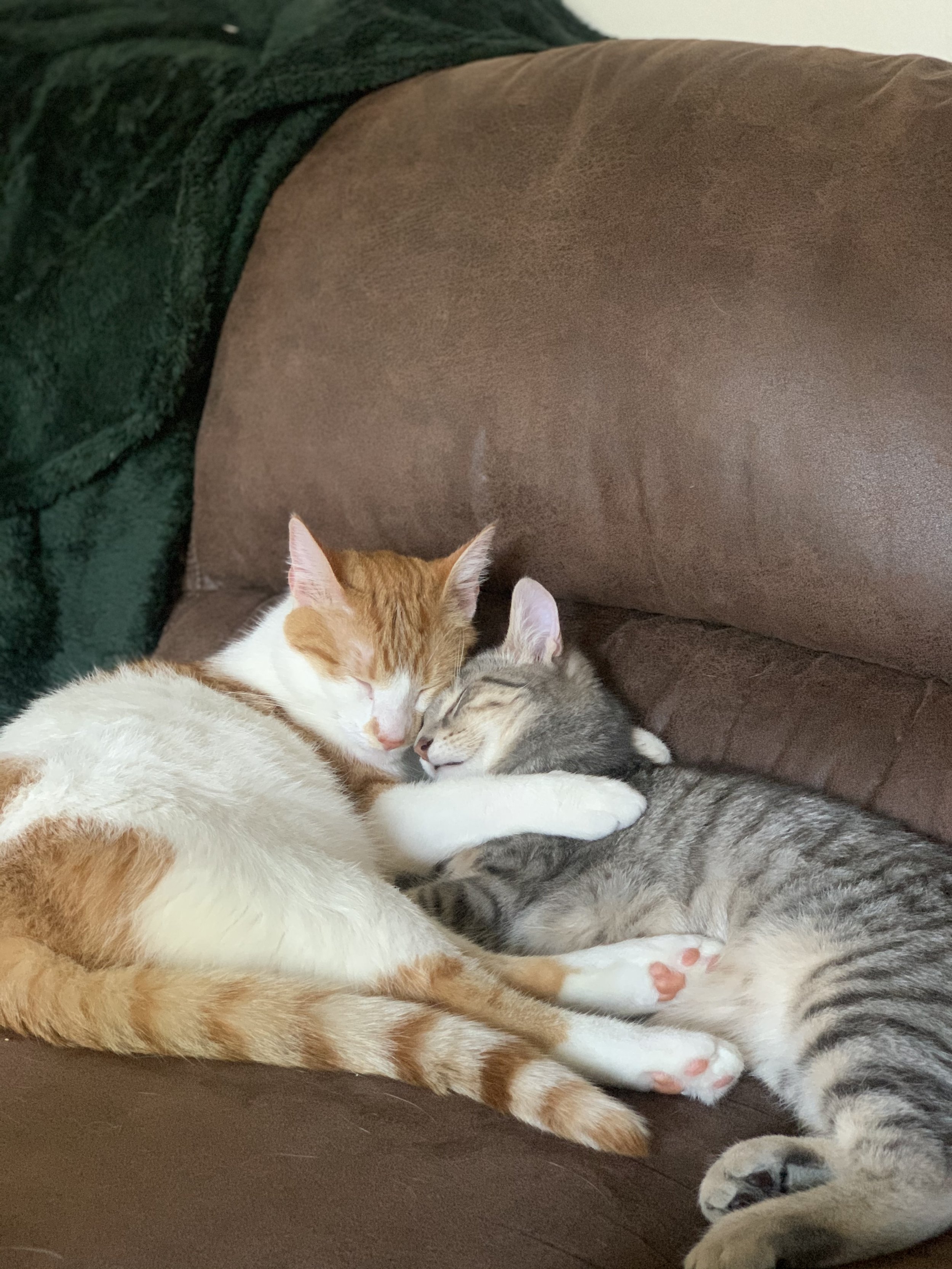The Role of Pet Companionship in Enhancing Mental Wellbeing
Research has indicated a significant correlation between pet ownership and physiological well being. The act of interacting with pets has been linked to the release of oxytocin, commonly referred to as the "bonding hormone," which fosters feelings of affection and reduces stress. Moreover, studies have demonstrated that regular interaction with pets can lead to decreased levels of cortisol, a primary stress hormone, contributing to overall stress reduction and improved cardiovascular health.
The psychological advantages of pet companionship are extensive. Evidence suggests that pets can serve as sources of emotional support, alleviating feelings of loneliness and depression. Furthermore, the responsibilities associated with pet care can instill a sense of purpose and routine, enhancing self-esteem and promoting a positive outlook on life. In the context of therapy, the presence of therapy animals has shown to facilitate emotional expression and improve the therapeutic alliance, creating a conducive environment for effective counseling and group interventions.
Beyond the individual sphere, the inclusion of pets in social settings has been found to foster social interaction and facilitate the formation of interpersonal connections. Pet ownership has been associated with increased opportunities for socialization, particularly among marginalized populations, thereby mitigating feelings of isolation and enhancing a sense of belonging within communities. Additionally, the presence of therapy animals in group therapy settings has been observed to promote trust and rapport among participants, fostering a conducive atmosphere for collective healing and support.
The integration of pet companionship as a therapeutic modality holds immense potential in promoting mental wellbeing. The diverse physiological, psychological, and social benefits of interacting with pets underscore the significance of incorporating animal-assisted interventions within the framework of mental health and substance use counseling. This research advocates for the recognition and integration of pet therapy as a complementary approach to conventional therapeutic practices, emphasizing its role in fostering holistic and sustainable improvements in mental health outcomes.
Driftless Recovery Services, home to our office cat Drifty, is proud to be a pet friendly clinic! Simply discuss this with your individual provider before bringing your furry friend in to ensure you’re aware of our pet guidelines. (Reminder: we do require all pets to be leashed or in a carrier in our public areas).
Check out our staff’s pets! We’re an office of animal lovers.
Dewey
Archie & Joey
Ladybug AKA bugs
Toby
Lenny
Ezra






